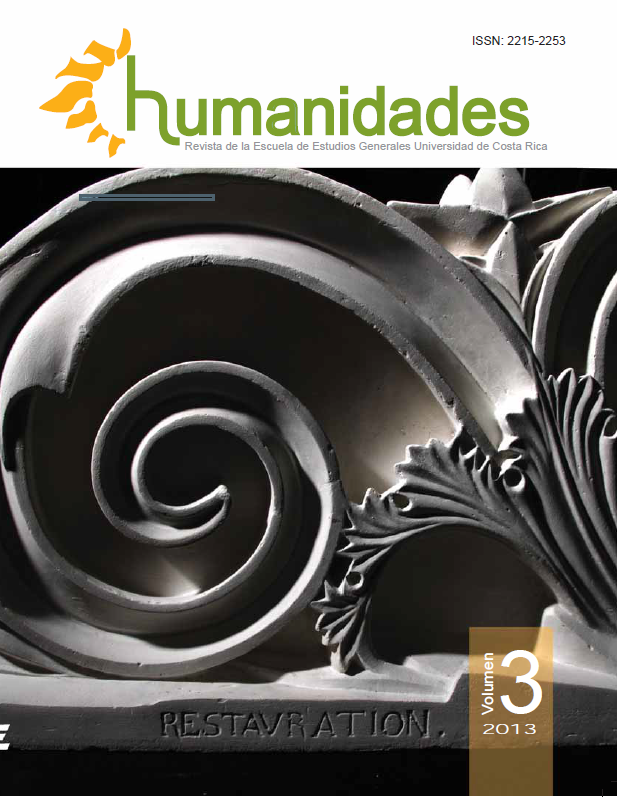Abstract
The author analyze the trend, determined by the evolution of contemporary technologies, towards the consolidation of a culture that privileges the novelty and immediacy above the heritage, and that therefore replaces institutions of historical memory, such as archives, libraries and museums, for private practices of mass and compulsive storage centered on trivial or not discerned information. Besides, this paper research the epistemological, ethical and political issues involved in this rise of a technological culture which is compromised with an inmediatist orientation.
References
Brea, J.L. (2007) Cultura_RAM. Mutaciones de la cultura en la era de su distribución técnica. Barcelona: GEDISA, p. 1 O.c. p.1
Cfr. Hayles, K. (2005) My Mother was a Computer. Digital Subjects and Literary Texts. Chicago: The University of Chicago Press, pp. 35 y sig.
Benjamin, W. (1933) “La obra de arte en la era de su reproductibilidad técnica” (Primera redacción) en Obras Completas I/2, Trad. A. Brotons, Madrid: Abada, p. 16.
Derrida, J. (1997) Mal de Archivo. Una impresión freudiana. Trad. Paco Vidarte. Madrid: Trotta, p.15 Derrida, o.c. p.19
Williams, R. (1961) The Long Revolution. Londres: Chatto & Windus.
Cavell, S. (2003) Disowning Knowledge. In Seven Plays of Shakespeare. Cambridge: Cambridge University Press.
Turner, V. (1982) “Liminal to Liminoid in Play, Flow, Ritual. An Essay in Comparative Symbology”, en From Ritual to Theatre. The Human Seriousness of Play. New York: Performing Art Journal Press.


